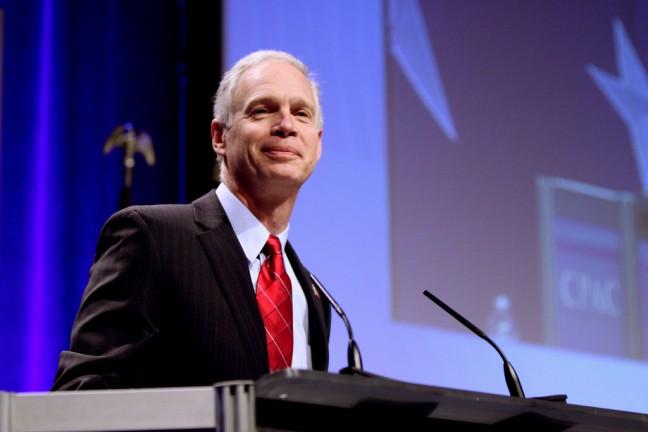Many lame defenses have been invoked to defend voting for Alabama’s Republican nominee for U.S. Senator and accused sexual criminal Roy Moore.
His opponent is pro-choice, note several weary Alabama Republicans. A conservative website suggests perhaps Moore, with his immoral personal proclivities, is an instrument of the divine. The lamest and most notable excuse came from White House itself. Kellyanne Conway bluntly stated that Roy Moore ought to win because they need the votes to pass tax reform legislation.
If the Senate Bill passed last week is any indication of what the final bill will look like, Republicans should do themselves a favor and let him lose.
There is a severe and economically perilous disparity between 3.3 percent quarterly gross domestic product (GDP) growth and anemic wage growth for many American workers. The contours of a growth-friendly tax plan would seek to modernize the corporate tax code and lift wages for poor and mmiddle-classfamilies.
A number of things could be done to achieve this: expanding the earned income tax credit (EITC), one of the most effective anti-poverty programs in US history, would be a start. So would coupling the reduction of corporate taxes with loophole eliminations, as the Obama administration proposed repeatedly. Using the additional revenues to invest in infrastructure would boost wages, too.
The Senate tax bill is messy. It adds over $1 trillion to the debt over the next decade — even after factoring the seemingly indeterminate economic gains brought by the bill — and by 2027, most tax changes will benefit the very wealthiest Americans.
It adds a tax giveaway to the ultra-conservative Hillsdale College and opens up the Arctic National Wildlife Refuge for oil drilling. Its own backers admit that the deficit problems caused by the bill will necessitate cuts in Social Security and Medicare. Middle-class workers seeking a break should look elsewhere — the Nonpartisan Congressional Budget Office estimates that families making $100,000 or less should expect to see their taxes increase in the long-run.
In 1986, there was a sincere, bipartisan effort to reform the tax code. House Ways and Means Chair Dan Rostenkowski, D-Illinois worked deliberately with former President Ronald Reagan to pass the Tax Reform Act of 1986 into law by wide margins. The merits of that legislation aside, compare that with the sentiment expressed by conservative Democrat Joe Manchin, D-West Virginia, last week: “For the last several months I have tried to work with my Republican colleagues on a tax plan that works for the people of West Virginia because I believe in tax cuts… Today, I am rejecting this flawed and rushed bill, because I cannot in good conscience vote for legislation that hurts West Virginia families, seniors, students, teachers and business owners.”
Why did Senator Manchin vote against the president’s signature bill, when next year he has to run for re-election in a state President Donald Trump won in a landslide? Because the bill’s passage was severely rushed — to the point where amendments were literally scribbled into the margins of the bill’s pages.
Where was Senator Ron Johnson, R-Wisconsin, in all of this? Hadn’t he valiantly opposed the tax bill just two weeks ago?
Johnson’s sticking point seemed to focus on the taxation of “pass-through” corporations, which are taxed at the personal income rate and not the flat 35 percent rate currently levied on businesses. After securing a severe reduction in the pass-through rate, Johnson switched his vote, staving off Vice President Mike Pence’s tie-breaking vote. As the Washington Post noted, “Johnson retains partial ownership in one such ‘pass-through’ business, and the issue has been a key concern.”
Republicans need tax reform to be competitive in 2018, because they haven’t succeeded on many other legislative fronts this past year. Conservative columns within this paper have stated as much. Voters don’t seem to be primary focus — donors do. As a Republican congressman tellingly told The Hill, “My donors are basically saying, ‘Get it done or don’t ever call me again.’”
Ah yes, to appease Republican donors. That’s the lamest excuse for Roy Moore’s candidacy.
Zach Urisman (zubadgerherald@gmail.com) is a senior majoring in finance.


